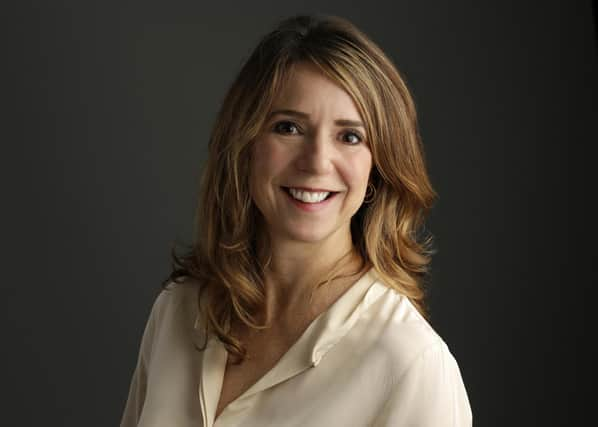A family business can shoulder a lot of responsibility


Family businesses are the main contributors to national economies the world over, through the jobs they provide, the income they generate and the wealth they create, not forgetting the impact they have on the broader communities in which they operate. Importantly, family businesses can offer an ancestral view that lifts us up from the frustrations and fear inherent in focusing on short-term thinking, to instead consider what long-term business continuity can achieve.
Warren Buffet said ‘from great success comes great responsibility’, and a family business shoulders a lot of responsibility. Out of Scotland’s 280,000 family businesses, the top 100 family firms alone create £20 billion in annual turnover and provide over 100,000 jobs – clearly a great success. Their long-term and patient capital approach might not be as newsworthy and well-funded as startups, but their stories and their names are synonymous with brands we love and trust.
Advertisement
Hide AdAdvertisement
Hide AdThis isn’t just my opinion: the Edelman Trust Barometer 2023 asked their 20,000 global audience “Which type of business do you most trust to do what is right?”. Family-owned businesses were deemed the 'Most Trusted’ at 67 per cent, way ahead of privately held or even state-owned, giving family businesses an enormous advantage over non-family competitors.


As a family business succession expert, I work with owners who have ambitions to act as a positive resource for their many communities – whether its educating local young people through social enterprises, gifting employees with extra days holiday to work with charities of their choice, or using their voices to increase awareness of complex global issues like food poverty and sustainability.
Many prioritise community activity over profitability and all of my clients – a prerequisite for me now – are driven to paying forward, to making a difference, leaving a legacy – whatever you want to call it. Every day I hear of C-Suite execs and non-execs leaving their PLC roles to look for positions within mission-led organisations, and how they want to amplify that sense of good, of purpose. For many business families, responsible behaviour is like natural governance, and all decision making is embedded with the essence of that particular family's values. It’s my job to help them recognise the power in that, as they transition through their generations of ownership and leadership, empowering the rising generation to harness energy, innovation and community-mindedness in their time at the helm.
Lots of non-family businesses behave well, and lots of family businesses behave badly – but family businesses are the beneficiary of outsized amounts of trust, and often already doing the right things by people that earn them that trust.
To make the most of this as a family business, consider identifying and formalising the good you already do, and look for ways to incorporate that into your family business’ long-term endeavours. For instance, this could be achieved by establishing a family philanthropic trust or match-funding all charitable activities of your employees.
Family businesses owe it to future generations to not just do good, but establish doing good as an integral part of their culture.
Mairi Mickel is a family business adviser with www.businessfamilies.co.uk
Comments
Want to join the conversation? Please or to comment on this article.